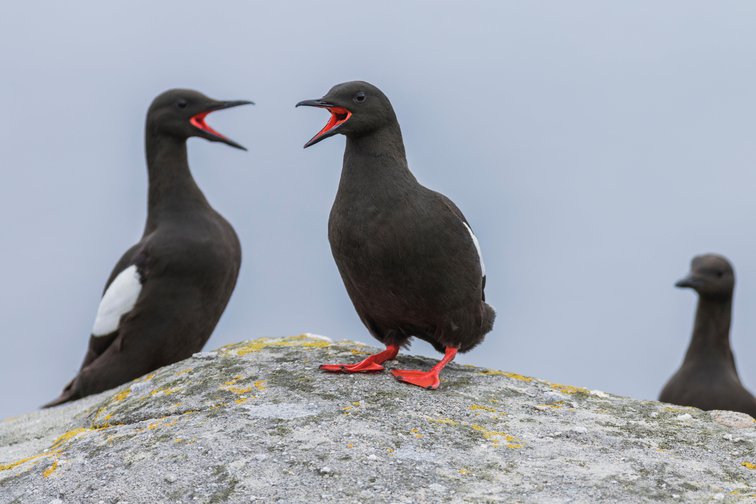Back when I first visited, I remember being confused that the ferry went on the sea, because fairies fly. I remember sand dunes and rabbit warrens – probably my earliest images of beaches. I remember being told my dad’s friend had to check under his car every day, in case the IRA had hidden a bomb. I think I remember an army checkpoint. Perhaps my mind invented that.
Recently, my dad told me he’d been shocked by those barracks. While he’d been told the purpose of British troops in Northern Ireland was to keep the peace between two warring sides, the slogans and flags posted in bunkhouse windows showed they weren’t neutral arbiters, but belligerents on one side of a civil war.
I sometimes think the best way to understand that war is through the arrival of those troops. In his evidence to the Bloody Sunday Inquiry, the senior British officer and later head of UK armed forces, General Sir Frank Kitson, admitted there hadn’t been an insurgency when he arrived in Northern Ireland in late 1970. After two years of applying the murderous tactics he’d developed subduing Kenya’s Mau Mau and Malaysian communists in the 1950s, the Catholic community was in full-scale revolt. Kitson, who continued to advise the US and UK on military tactics in the Iraq and Afghan wars, and who is still alive today, has never responded to my attempts to contact him.
I returned to Northern Ireland in 2004. The war was officially over, but wounds were still raw. I was 18 and working as a charity mugger for a fundraising firm, stopping people in the street and asking for a fiver a month for Amnesty International. I’m not sure the company who sent us understood the politics of doing so.
One man in Derry was keen to sign up: Amnesty had been there for him when he was inside, he told me. But he didn’t have a bank account, so he couldn’t. Amnesty’s opposition to detention without trial, and to torture, led them into regular conflict with the British state throughout the Troubles.
In loyalist Coleraine, people were much less enthusiastic. And in Omagh, just five and a half years after the bomb, there was active hostility. “See down there? That’s where the bomb went off. That’s because of people like you,” one large man shouted at my young female colleague.
Inevitable consequences
In 2017, my colleague Peter Geoghegan and I revealed that the DUP had been part of a funnel to channel a £425,000 donation from a secret source into the Brexit campaign, taking advantage of Northern Irish secrecy laws. The man whose company formed the prior section of the funnel had previously founded a company with a Saudi prince, who is the former head of the country’s secret service, and a Danish man caught up in an Indian gun-running scandal.
DUP MP Jeffrey Donaldson, now the party’s leader, had organised their Brexit campaign and, that spring, I tailgated someone into his office in Lisburn, a city eight miles south-west of Belfast, to ask him questions about the affair – like, did he know about those connections? He didn’t, he said. In that case, could he really claim to have done due diligence on such a huge donation, as the law requires? He didn’t like that.



Comments
We encourage anyone to comment, please consult the oD commenting guidelines if you have any questions.